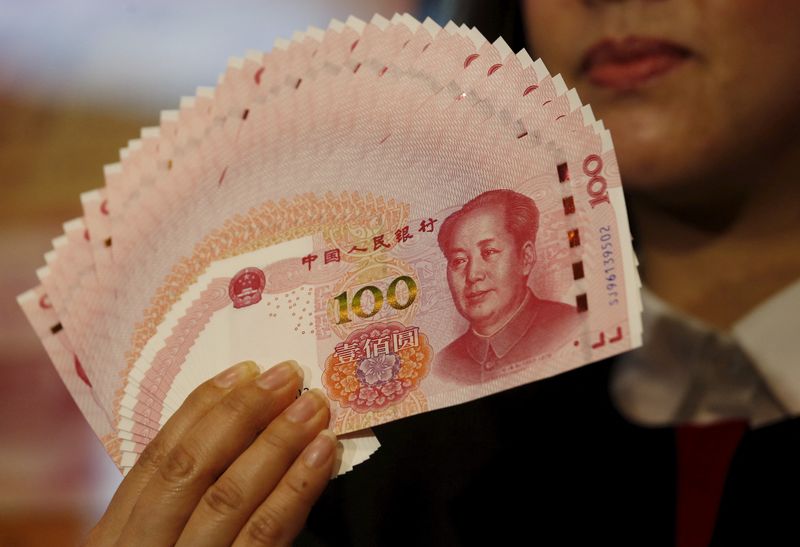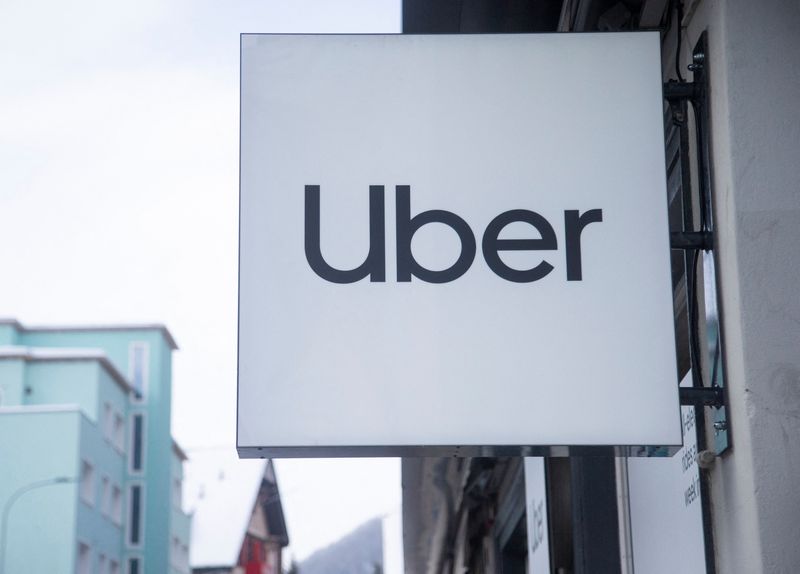Setting the price for a product or service can be a complicated task. From satisfying customers to staying competitive in the market, there’s a lot to consider. Economy pricing is one strategy that businesses can utilize to achieve their desired pricing objectives.
Economy pricing, also known as low-price or cost-based pricing, is a simple way for businesses to set prices based on costs alone.
It not only helps to attract a wide range of customers, but it can also help businesses save time and money by forgoing the need to assess market demand and analyze competitors’ pricing.
What is Economy Pricing
Economy pricing is a strategic approach that allows businesses to offer goods and services at reduced costs to remain competitive. Through this cost-saving option, companies can benefit from lowered overhead expenses while still providing quality products and services.
This means that companies can save on variable and fixed costs such as manufacturing, marketing, research and development, and overhead expenses. By cutting down on these costs, businesses can keep their prices low while still earning a decent profit margin.
Economy pricing is usually used for simple products or services that don’t require a lot of customization or high-end features.
Examples include basic items such as grocery products, retail clothing, and fast food restaurants. Economy pricing also applies to services such as budget hotels and discount airlines.
Understanding the Economy Pricing Strategy
The basic formula of price is – Production Cost + Profit Margin.
This means that companies set prices based on the cost of producing a product or service plus additional profit to make money. With economic pricing, businesses reduce their production costs and adjust their prices accordingly.
The goal of this strategy is to remain competitive in the market while still earning a decent profit margin. This means that companies have to consider factors such as suppliers’ costs, competitors’ pricing, and customer demand.
Companies should also consider the potential impact that economic pricing could have on their brand identity and reputation.
For example, some customers may view a lower price as an indicator of lower quality. Companies can counter this perception by emphasizing the value they offer to customers. It depends from company to company and how they want to balance between value and price.
Benefits of Economy Pricing
The main benefits of economy pricing are
- Low cost: By offering goods and services at lower prices, companies can attract more customers who are looking for good deals. This strategy is especially attractive to cost-conscious consumers and businesses that need to save money.
- Increase in sales: Lower prices make products and services more accessible. Customers who were previously unable or unwilling to purchase goods or services due to price may be more willing to do so when prices are reduced.
- Brand awareness: Economy pricing can be used as a marketing tool to attract new customers and build brand awareness. When customers see that prices are lower, they may be more likely to try the product or service.
Downsides of Economy Pricing
Despite the potential benefits, there are also some drawbacks to economic pricing.
- Profit margins: The lower prices may mean less profit for businesses. Companies should assess their production costs and profits carefully when deciding on their pricing strategy.
- Quality perception: Low prices can sometimes lead customers to believe that a product or service is of lower quality, even if it isn’t. Companies should take steps to ensure their products and services live up to customer expectations.
- Competition: Other companies may try to undercut each other by offering even lower prices, resulting in a price war. In this case, businesses may not be able to make a profit at all.
Conclusion
In conclusion, economy pricing can be a viable option for companies looking to reduce costs and remain competitive. However, businesses need to assess their production costs and profits carefully before implementing this strategy. By understanding the potential pros and cons, businesses can make an informed decision about whether or not to use economy pricing.
Further questions
What's your question? Ask it in the discussion forum
Have an answer to the questions below? Post it here or in the forum


Wayne Gretzky visited Mar-a-Lago and wore a MAGA hat after Donald Trump's November electoral victory.
OpenAI's Sam Altman asked his followers how to improve the artificial intelligence platform in 2025. One idea included new family accounts.
